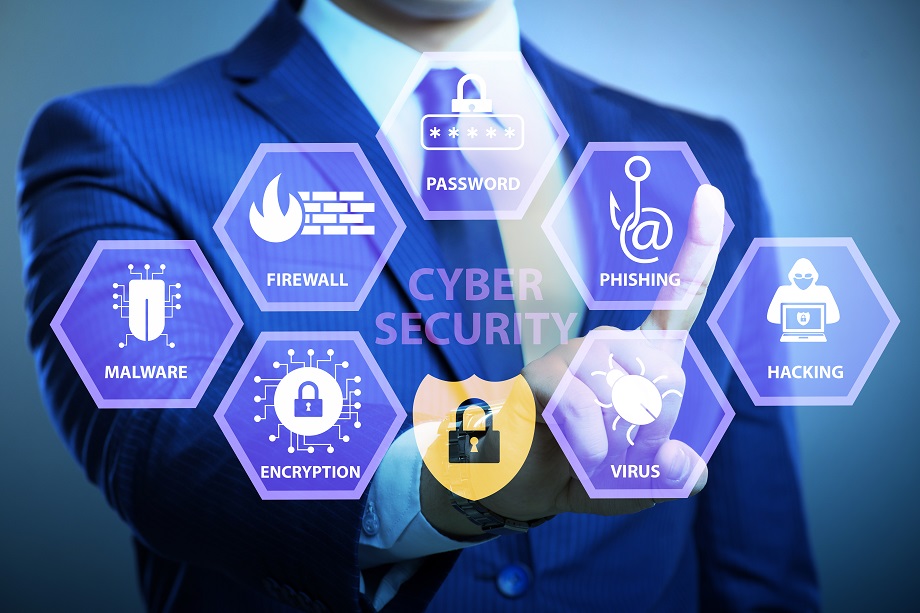
Ethical hacking and cybersecurity are two closely related concepts in the world of digital security. There is a significant difference between hacking and ethical hacking. Today, hacking means that skilled programmers gain unauthorized access to computer systems. They do this by discovering weaknesses or using bugs to steal valuable information. They also do this for monetary gain, malicious mischief, or espionage. Hackers like to penetrate networks, crack passwords, or worse yet, disrupt network services.
Some people don’t know that not all hacking is bad. The second type called ethical hacking is used to offset unethical hacking. We need it because unauthorized access to private information is growing in business, government, and personal use losses are tremendous. Approximately 351,000 cybersecurity jobs for well-trained IT technicians were vacant in 2021 in the U.S.
More On Ethical Hacking And Cybersecurity
Ethical hacking is the authorized practice of searching for and finding vulnerabilities in an organization’s infrastructure. These pros look for them in software applications, network systems, and security. They know hackers can potentially bypass an organization’s security and find data breaches. Ethical hackers improve IT security to withstand attacks better or divert them.
 Corporations use cybersecurity engineers to test computer systems’ defenses. The process is:
Corporations use cybersecurity engineers to test computer systems’ defenses. The process is:
- Legal
- Planned
- Approved
- Effective
- Necessary
The vulnerabilities IT technicians and engineers look for include access points in a system, authentication protocols, injection attacks, security setting changes, and sensitive data. It is easy to see why ethical hackers are essential for cybersecurity in virtually all organizations. This is an exciting and growing world to enter for a long-term career.
Different Types Of IT Hackers
Another interesting point typically known only by those in the business is there are different types of hackers that range from good to bad called:
- White Hat Hackers are those who practice ethical hacking. They ask for and get permission before entering your computer system.
- Grey Hat Hackers enter your computer system without asking for permission. They do not hack for personal or third-party benefit and have no malicious intent. Grey hats do this for fun or some other reason although what they do is illegal. Interestingly, they generally inform the owner about any threats they find.
- Black Hat Hackers use illegal techniques to compromise systems or destroy data or information. Black hats’ practices constitute unauthorized system breaches and can wreak havoc when they desire.
| “Ethical hacking is the authorized practice of searching for and finding vulnerabilities in an organization’s infrastructure.” |
Ethical Hacking And Cybersecurity: Roles And Responsibilities
Corporations and governments are becoming increasingly worried about sophisticated hackers. These organizations hire well-trained IT professionals to perform valuable services such as:
- Learning the mindset and techniques of hackers and testers
- Understanding how to identify and correct vulnerabilities within networks
- Offer protection for network defenders, risk management, and quality assurance
- Possess the necessary knowledge and skills to combat hacking
- Constructing computer systems to prevent hacking and malicious threats
- Taking precautionary measures to prevent safety breaches
Skilled ethical hackers who can perform all the above services are in demand and are well paid. They also help to build and facilitate security awareness for all levels of management and owners. Their services are needed for profit-seeking, not-for-profit, and government organizations.
Benefits Of Ethical Hacking
 Ethical hacking provides significant benefits to increase IT security. IT technicians work in virtually all industries today to provide these services:
Ethical hacking provides significant benefits to increase IT security. IT technicians work in virtually all industries today to provide these services:
- Developing the potential to inform, improve, and defend corporate networks
- Prioritizing potential risks and protecting them
- Saving money and maintaining the company’s bottom line
- Reducing or preventing cyber terrorism
- Helping coworkers conduct security testing
- Eradicating common and prominent vulnerabilities
This list of benefits does not stop here. Ethical hackers also protect cloud computing which is increasingly attacked by unethical hackers. All stakeholders benefit from ethical hacking including customers, stockholders, suppliers, tax agencies, and anyone else who would suffer from unethical hacking. The other group that includes us is employees who might lose their paychecks and benefits.
Where To Gain Ethical Hacking Skills
The place to prepare yourself to enter the exciting world of cybersecurity IT is a college that offers a comprehensive training program. You will find the knowledge and skills training at ITI Technical College In Baton Rouge.
Our Associate of Occupational Studies (AOS) Degree in Information Technology helps students build the confidence and skills to perform ethical hacking. We invite you to learn more about it and meet with one of our admissions representatives soon. Our technical students find positions and careers that make their lives better. Call us today at (877) 591-1070 for more information about all our programs!
For more information about graduation rates, the median debt of students who completed the program, and other important information, please visit our website: https://www.iticollege.edu/disclosures




